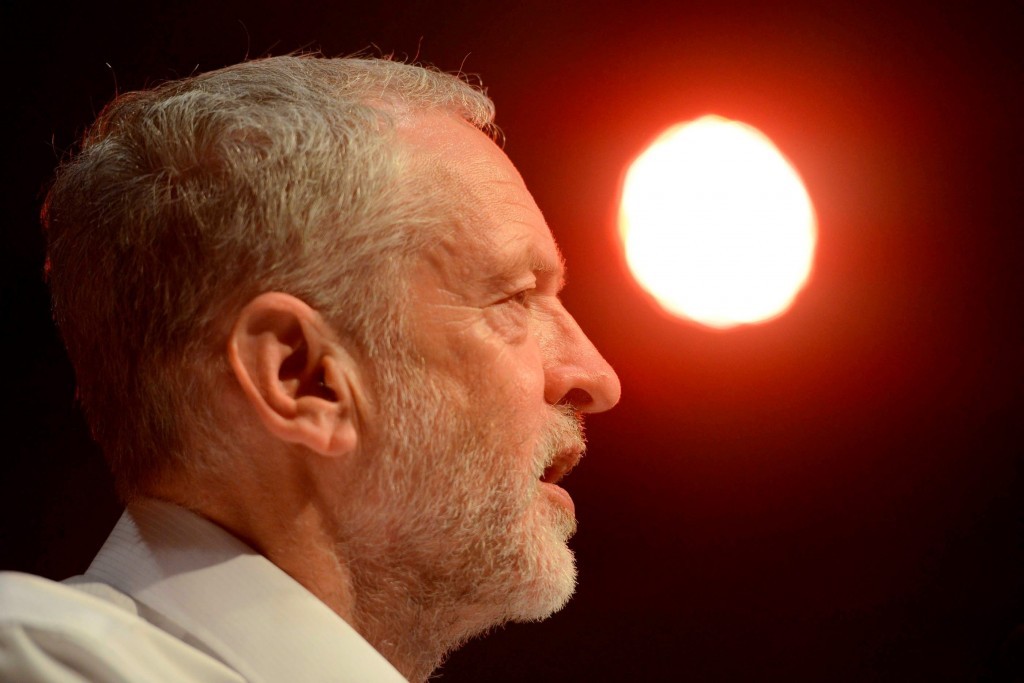
Jeremy Corbyn has promised “ambitious” moves to tackle climate change and create hundreds of thousands of green jobs.
The plans include a seven-fold increase in offshore wind, a doubling of onshore wind and a trebling of solar power, and making all homes energy efficient, as part of measures to cut greenhouse gases by 60% by 2030.
Speaking at the Labour Party conference, he also promised to reduce emissions to zero by mid-century, saying: “It is ambitious and will be delivered with the most far-reaching programme of investment and transformation in decades.”
Mr Corbyn is not alone in championing the green economy to provide growth – in the foreword to last year’s clean growth strategy, Prime Minister Theresa May put clean tech at the heart of the Government’s industrial strategy.
But the Government’s advisory Committee on Climate Change has warned the UK is not on track to meet its targets to cut greenhouse gas emissions in the 2020s and 2030s and has urged more action from ministers.
The Government has also faced criticism for blocking new onshore wind and solar farms.
Greenpeace UK’s Kate Blagojevic said the Labour announcement “raises the bar” and called on the Government to boost renewables on the same scale and abandon fracking and nuclear.
“Labour’s announcement today backing wind and solar to power our country would create an energy policy based on the cheapest and cleanest power sources.
“Together with vital improvements to home insulation, this would benefit the public and the planet as it would cut bills, create new jobs and reduce emissions, although there is still work to do for both main parties to dramatically cut carbon from transport,” she said.
There are questions about how achievable elements of Labour’s plans are, such as delivering 52 gigawatts (GW) of offshore wind and a supply chain for it by 2030.
The wind industry has said it can deliver 30GW by the end of the next decade.
Industry body RenewableUK executive director Emma Pinchbeck said Labour was right to recognise that renewables should be at the heart of a low carbon economy.
“Onshore wind is the lowest cost option for new power in the UK but is currently prevented from competing in the market, which means consumers will miss out on cheap electricity and billions of pounds of new investment across the UK being lost.
“Offshore wind can be the backbone of a clean, reliable and affordable energy system. Industry has set out plans to invest tens of billions of pounds in new projects and supply chains that will support over 27,000 jobs by 2030.”
The solar industry says there is huge potential for commercial rooftop solar, currently blocked by the introduction of a huge hike in business rates for the technology, which Labour has pledged to remove.
According to the Solar Trade Association (STA), there is some 2,500 square kilometres of south facing commercial roof space, and if 60% of it had solar panels installed it would meet the entire annual business power demand.
Power from solar farms could also deliver cheap electricity.
The STA’s advocacy director Leonie Greene said: “Building more solar and wind generation will now drive lower energy costs for consumers than any alternative future system.
“But we need the market framework to facilitate this future and stimulate investment,” she urged.
Energy UK’s chief executive Lawrence Slade said: “We support the focus shown today on low carbon energy, green jobs and energy efficiency.”
He said energy companies had taken huge strides forward and maintaining investment with a long-term stable policy environment was critical to continue the drive to a low and zero carbon system.
“This will not only create jobs and benefit the economy but also deliver against environmental targets,” he said.
As Corbyn stood up to speak, solar was providing 15.7% of Britain’s power and 23.6% was coming from wind turbines, data from website MyGridGB showed.
Recommended for you
